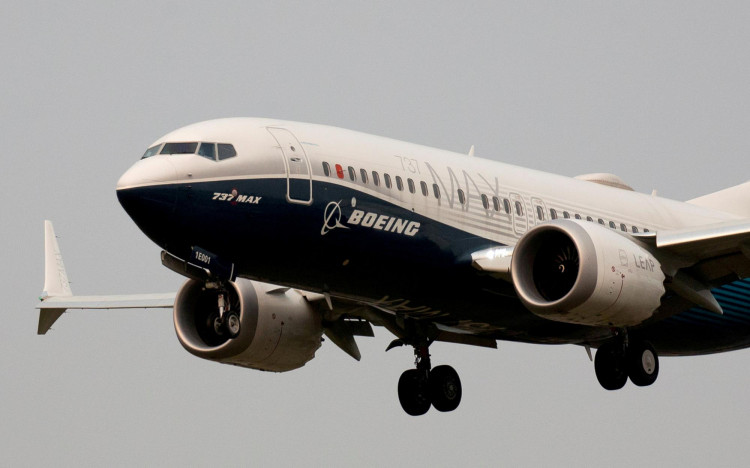Boeing is facing increasing scrutiny after a recent report from the Federal Aviation Administration (FAA) revealed significant safety concerns at the aerospace giant. The report, part of a six-week special audit by the FAA, uncovered instances where Boeing workers were pressured to prioritize production speed over quality, and highlighted insufficient training for workers on critical tasks. These findings have raised alarm as Boeing grapples with multiple challenges, including an ongoing strike by 33,000 union workers and increasing questions about the safety of its aircraft.
The FAA's investigation comes in the wake of a January incident involving a Boeing 737 Max operated by Alaska Airlines. During the flight, a door plug blew off shortly after takeoff, exposing critical vulnerabilities in the plane's production. While no one was seriously injured, the incident triggered numerous federal probes into Boeing's manufacturing processes. One of the investigations revealed that the aircraft had left the factory without the necessary bolts to secure the door plug, highlighting a glaring oversight in quality control.
The FAA's findings, made public by the Senate Permanent Subcommittee on Investigations, underscore long-standing concerns about Boeing's safety culture. The report pointed out that workers frequently felt pressured to meet production schedules at the expense of quality. Only 47% of employees, according to an internal survey, agreed with the statement that "Schedule pressures do not cause my team to lower our standards." The audit also revealed that Boeing's failure to properly train workers for their assigned tasks is a persistent issue, leaving gaps in the company's safety procedures.
Boeing acknowledged these problems and pledged to take steps to address the issues. "We've taken important steps to foster a safety culture that empowers and encourages all employees to share their voice, but it will require continuous focus," the company said in a statement. However, industry observers and lawmakers are skeptical that Boeing's efforts to reform will be enough to rectify its safety culture, which has been under fire for years.
FAA Administrator Mike Whitaker testified before Congress on Wednesday, offering a candid assessment of both Boeing's shortcomings and the FAA's own role in the company's oversight failures. Whitaker admitted that the FAA had taken a "too-hands-off" approach in regulating Boeing in the past, but vowed to increase the agency's scrutiny moving forward. "This won't be back to business as usual for Boeing," he stated, emphasizing that the FAA will continue its aggressive oversight to hold the manufacturer accountable for its systemic issues.
The report detailed specific instances where Boeing workers used improvised tools to measure gaps between components, despite the fact that these tools were unauthorized, uncalibrated, and unmarked. The mechanic involved admitted to using the same makeshift tool for three years, and claimed that other workers followed the same practice. Additionally, the report cited inadequate control over nonconforming parts and insufficient quality inspections as ongoing concerns.
One particularly troubling aspect of the audit is the practice of allowing Boeing employees to inspect their own work. This practice, according to the report, undermines the objectivity of quality control processes and raises questions about the FAA's ability to enforce safety standards effectively. Lawmakers, including Democratic Senator Richard Blumenthal, have criticized the FAA for being reactive rather than proactive in its oversight of Boeing, calling for more stringent measures to ensure the company adheres to the highest safety standards.
The subcommittee's memo also delved into Boeing's unresolved jobs that "travel" along the production line, meaning tasks left unfinished as planes progress through the assembly process. While Boeing has reportedly made progress in addressing this issue, Whitaker emphasized that changing the company's safety culture will take time. "I think the safety culture change is going to be a long-term project," he said. "It's going to take years of delivering that safety message and employees actually seeing that safety is more important than production before that culture changes."
Boeing has been under intense pressure from regulators, lawmakers, and the public ever since the two fatal crashes of the 737 Max in 2018 and 2019, which killed 346 people. The latest revelations add to the company's ongoing struggle to regain trust and ensure that its manufacturing processes are in line with safety standards.






